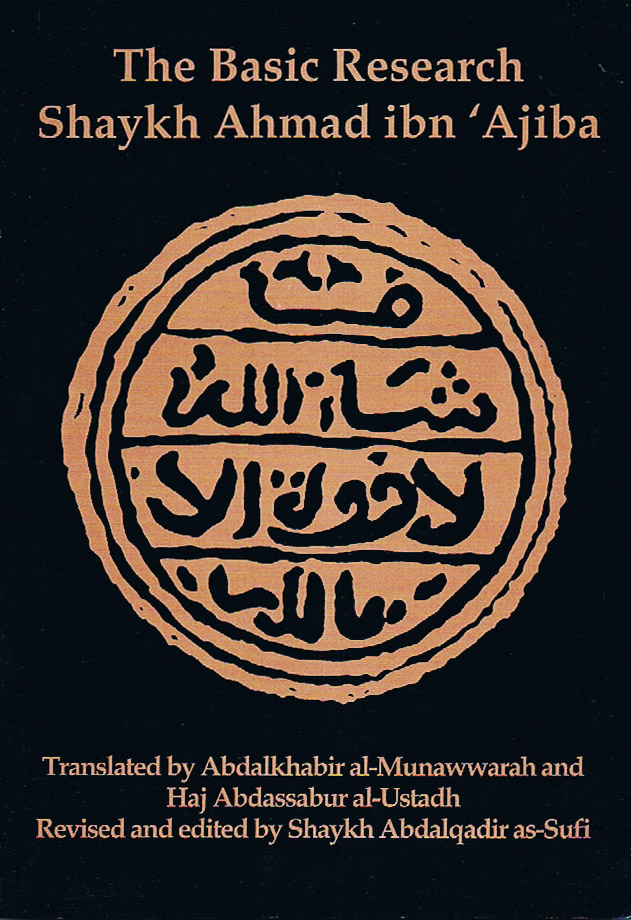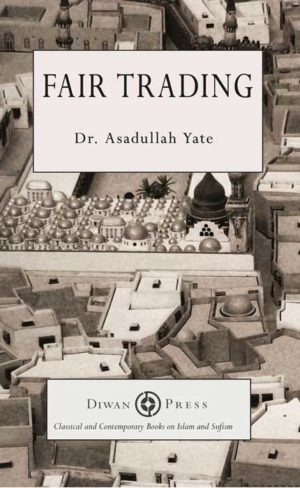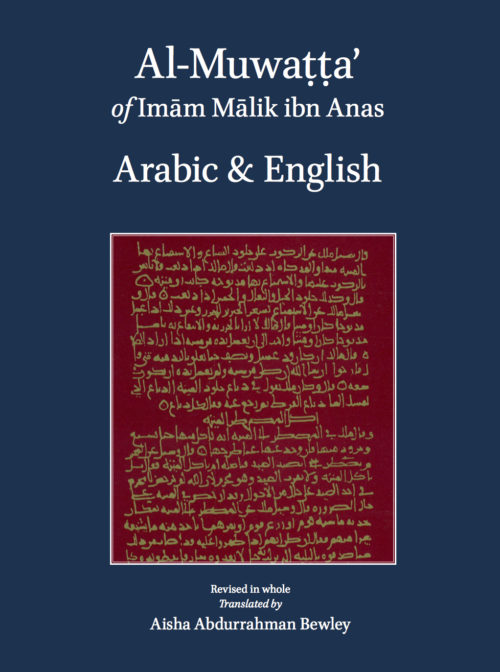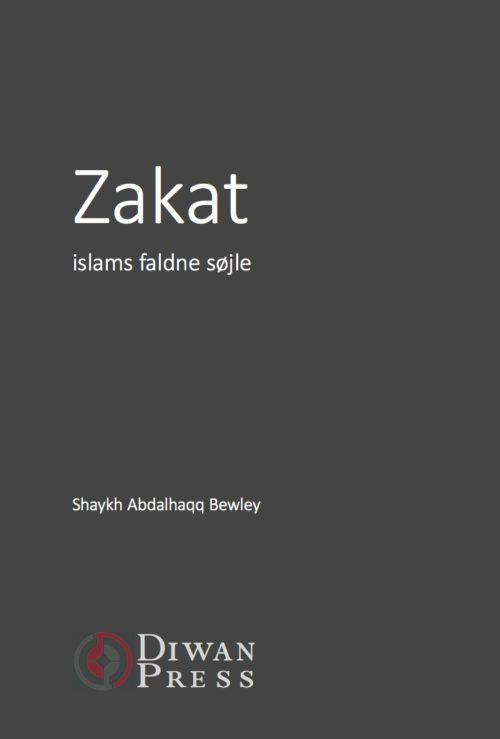This book is the commentary by Shaykh Ahmad ibn Muhammad ibn ‘Ajiba al-Hasani on the poem of Ibn al-Banna of Saragossa.
The Basic Research
£17.95
Description
“To travel the path of courtesy and instruction is before everything and the mightiest means to Allah. The most direct access for the slave of his Lord is to keep company with the gnostics, those who have high yearning and prophetic instruction, and to have courtesy between the hands of the shaykhs who have noblemish and are pure and who know the stations and states of worshippers, zahids, fuqara and sufis. Research their behaviour and states. and take on their highly pleasing courtesy. Realise their behaviour and their pure good manners.”
The Basic Research is the commentary by Shaykh Ahmad ibn Muhammad ibn ‘Ajiba al-Hasani on the poem of Ibn al-Banna of Saragossa.
Shaykh Ahmad ibn ‘Ajiba
Ahmad ibn ‘Ajiba (1747–1809) was an 18th-century Moroccan Shaykh in the Darqawa Sufi order. He was born of a Hasani sharif family in the Anjra tribe that ranges from Tangiers to Tetouan along the Mediterranean coast of Morocco. As a child he developed a love of knowledge, memorising the Qur’an and studying subjects ranging from Classical Arabic grammar, religious ethics, poetry, Qur’anic recitation and tafsir.
When he reached the age of eighteen he left home and studied in Qasr al-Kabir under the supervision of Sidi Muhammad as-Susi as-Samlali. It was here that he was introduced to studies in the sciences, art, philosophy, law and Qur’anic exegesis in depth. He went to Fes to study with Ibn Suda, Bennani, and al-Warzazi, and joined the new Darqawiyya in 1208 AH (1793), of which he was the representative in the northern part of the Jbala region. He spent his entire life in and around Tetouan, and died of the plague in 1224 AH (1809). He is the author of a considerable number of works and a Fahrasa which provides interesting information concerning the intellectual center that Tetouan had become by the beginning of the 19th century.
Excerpt from the book on Dhikr
(discussed in relation to retreat)
He perseveres in the dhikr, the tonguestops and the invocation still flows.The inward is imprinted with the Name accordingto how much the tongue repeats it.Then its meaning flows in the heart likeNourishment flows in the body.Then, at that time, the tablet of the Unseenfaces the mirror of the heart, and it is not hidden.Then he grasps the known and the unknown,becauseHe has accumulated a readiness to grasp.
What was hidden is manifested, and I have enfolded the entire cosmos.From me my glasses went around, after my death you see me, alive.
18 x 24 cm. 341 pages
Additional information
| Weight | 0.98 kg |
|---|---|
| Dimensions | N/A |
| Edition |






Reviews
There are no reviews yet.